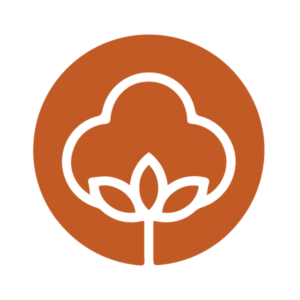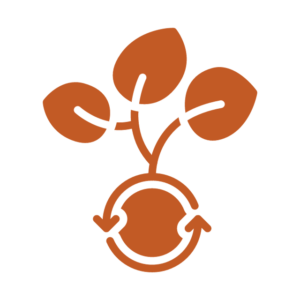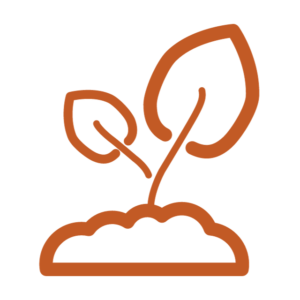Organic Certification
We don’t inherit the earth from our Ancestors we borrow it from our children.
– chief seattle
From vintage 2007, our first vineyard was certified organic as part of a long term plan to embrace sustainability as a core philosophy. All of our wines are now certified organic.
Justin and Pip Jarrett’s sustainable and low-impact viticulture and wine making highlights their respect for the local environment. Their family ethos is based on an old American Chief Seattle saying; “We don’t inherit the earth from our Ancestors we borrow it from our children”.
Beyond Organics
See Saw wines believe that sustainability and wine making is more than just producing Orange’s and NSW best certified organically grown grapes. We also go beyond organics, and this is where our efforts in sustainability comes into play on a much larger scale. It is about managing natural resources, being water and energy efficient. Recycling as well as reducing environmental waste and constantly looking for improvement in waste reduction. Part of being a sustainable business not only takes into consideration environmental soundness, but economic feasibility and social equality and impact as well.




Fencing creeks & grazing sheep
We have fenced out all our major waterways and as a result, have seen them regain much needed ground cover. This in turn has reduced stream bank erosion. The grass also acts as a filter to ensure only pristine water leaves the property.
The grazing of sheep occurs throughout the vineyard to assist in under vine plant control, reducing the need for slashing. In turn this reduces CO2 emissions, increases carbon and improves soil health through the introduction of different bacteria and fungi from the sheep droppings.
Sustainability and organic production underpin how all day to day business decisions are made. We believe a healthy ecosystem will provide a healthier vine and in turn improve fruit quality.
– brendan jarrett, see saw viticulturist
At See Saw we are always continuing to improve our commitment to a sustainable future and proud of our impact so far.
Stay in touch
Keep up to date with our new wine releases, cellar door events & sustainability journey. Sign up to our mailing list!




